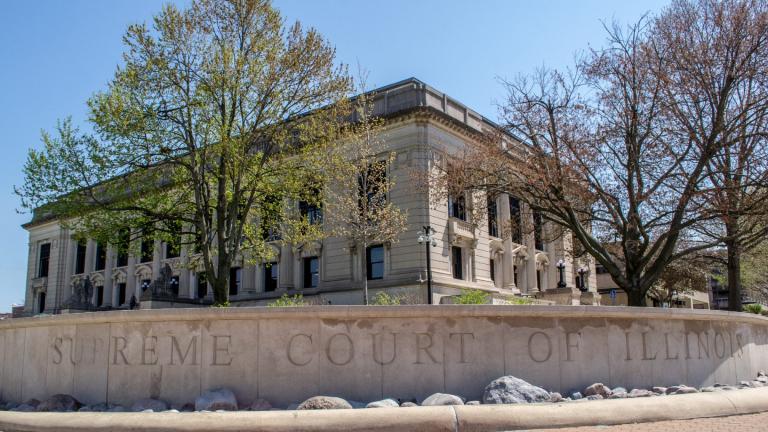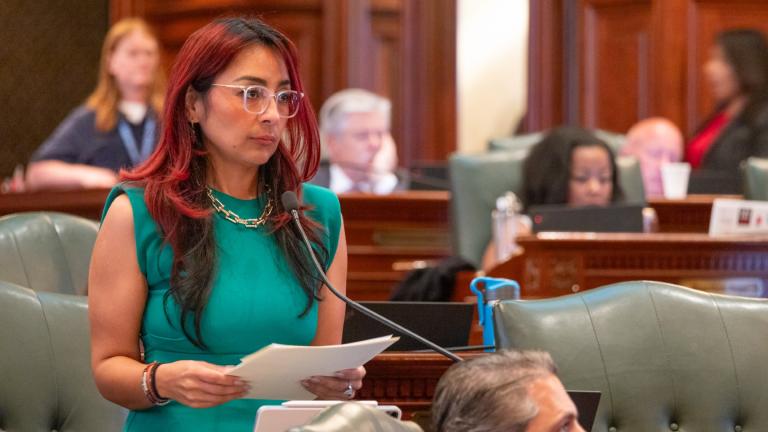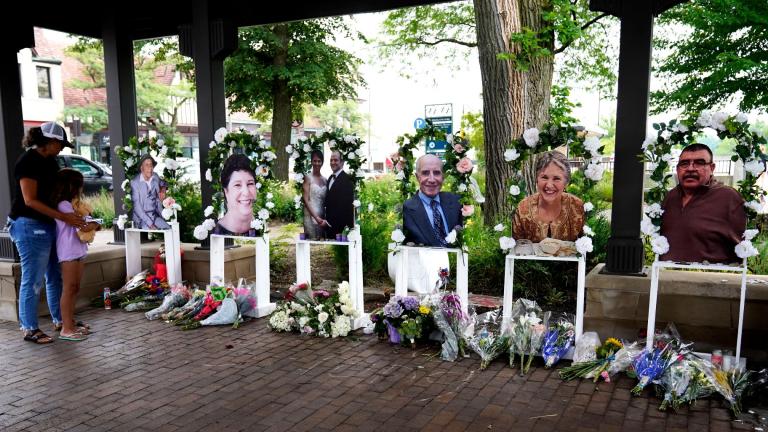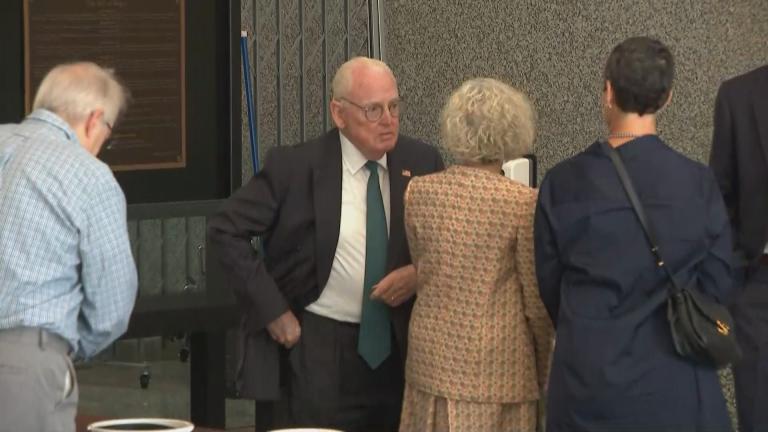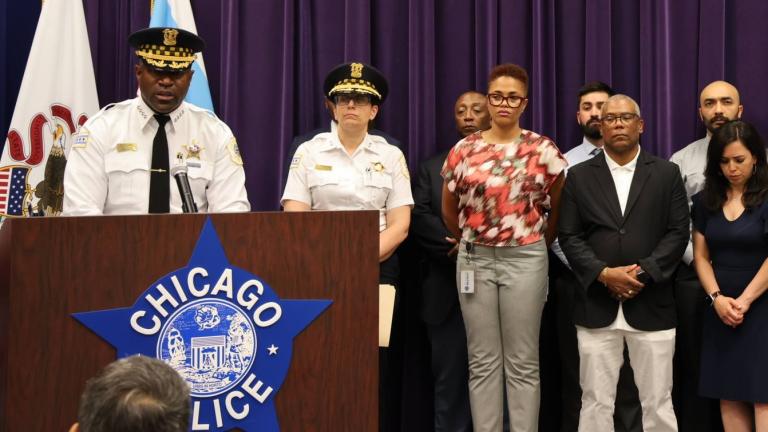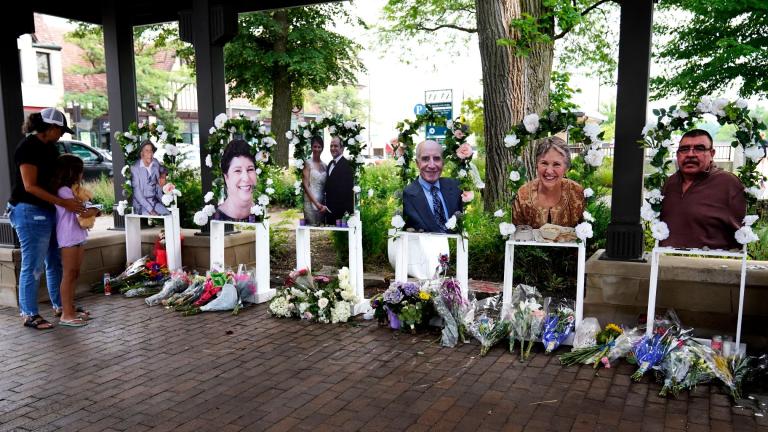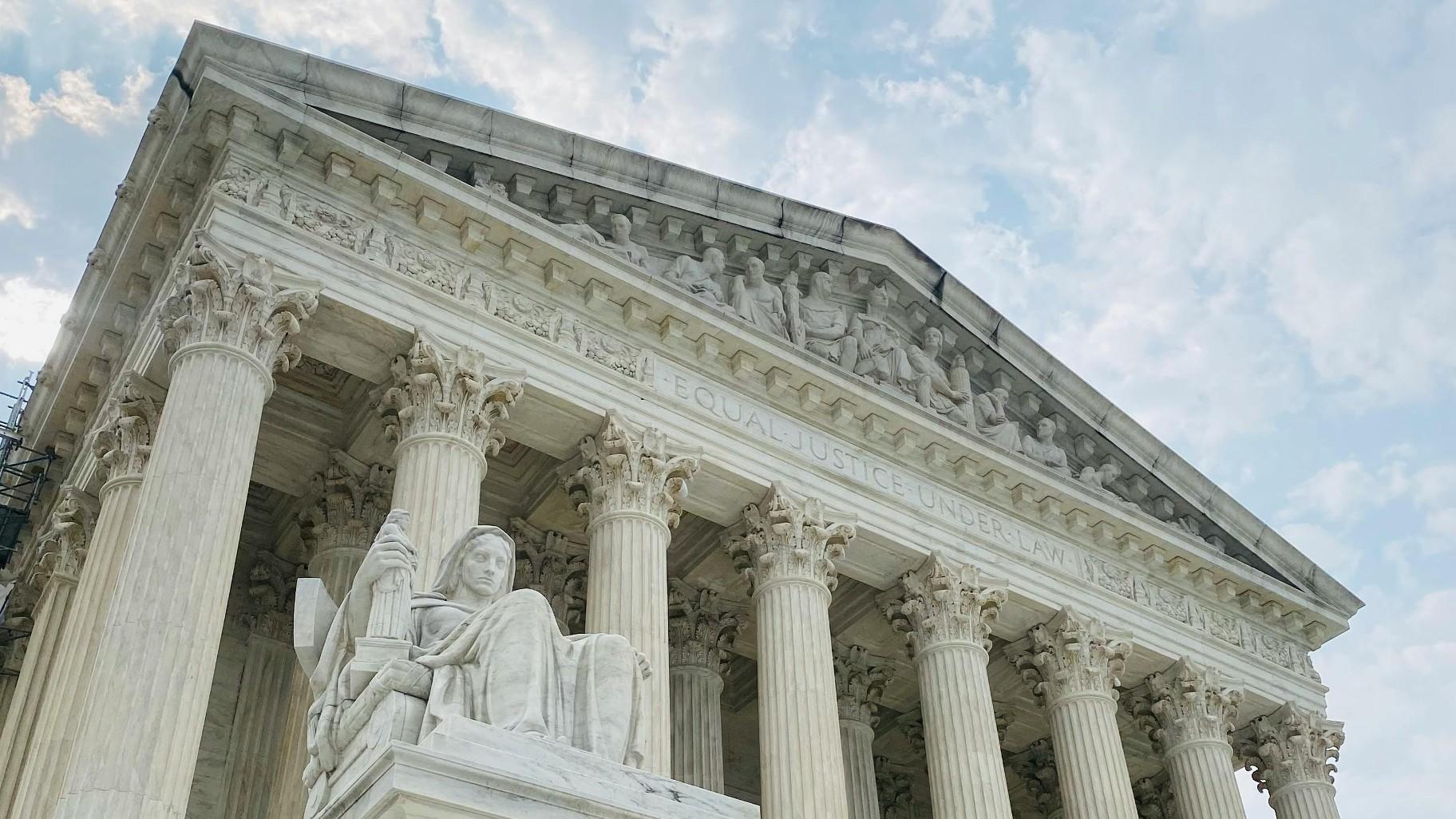 U.S. Supreme Court (Phung Touch / Pexels)
U.S. Supreme Court (Phung Touch / Pexels)
The U.S. Supreme Court may have thrown a wrench into some of the biggest corruption cases across Illinois — including the upcoming trial of former House Speaker Michael Madigan — with a new ruling that redefines the way federal bribery statutes are interpreted.
The high court in a 6-3 decision on Wednesday reversed a lower court’s opinion in an appeal filed by former Portage, Indiana mayor James Snyder, who had been convicted of bribery after he accepted $13,000 from a local towing company after steering a city garbage truck contract to that business.
But Snyder’s attorneys argued that money wasn’t part of a quid pro quo, and was instead intended as a “thank-you” gift. The Supreme Court, in its ruling, agreed, finding that because there was no quid pro quo agreement that connected the trucking contract and the subsequent payment, this did not constitute a bribe.
“The question in this case is whether (federal statute) §666 also makes it a crime for state and local officials to accept gratuities — for example, gift cards, lunches, plaques, books, framed photos, or the like — that may be given as a token of appreciation after the official act,” Justice Brett Kavanaugh wrote in the court's ruling. “The answer is no.”
That finding marks a significant change to the federal bribery statute that’s at the heart of several charges in the “ComEd Four” bribery case and Madigan’s upcoming racketeering trial.
The court’s ruling means the federal statute will still criminalize bribery, but won’t extend to cover gratuities — known as payments made in recognition of actions a state or local official has already taken or has committed to take, without any quid pro quo agreement to take those actions.
The Supreme Court in April heard oral arguments in Snyder’s appeal.
Snyder’s attorneys argued that the $13,000 in payments weren’t bribes, but rather “thank-you gifts in appreciation for official conduct,” which raises questions of what legally constitutes a bribe.
The government argued the bribery statute bars officials from “corruptly” accepting payments with the intent to be influenced or rewarded in connection with their official duties.
“The Government asks this Court to adopt an interpretation of §666 that would radically upend gratuities rules and turn §666 into a vague and unfair trap for 19 million state and local officials,” Kavanaugh wrote. “We decline to do so. Section 666 is a vital statute, but its focus is targeted: Section 666 proscribes bribes to state and local officials, while allowing state and local governments to regulate gratuities to state and local officials.”
Attorneys on each side, as well as the justices themselves, quibbled over what exactly the meaning of that word — “corruptly” — truly is during April’s arguments.
“No gratuity statute — that’s none whatsoever — used the word ‘corruptly,’” Snyder’s attorney Lisa Blatt told the Supreme Court in April. “And for good reason. The government can’t tell you what gifts are corrupt.”
In a dissenting opinion, Justice Ketanji Brown Jackson wrote that “Snyder’s absurd and atextual reading of the statute is one only today’s Court could love.”
“The Court’s reasoning elevates nonexistent federalism concerns over the plain text of this statute and is a quintessential example of the tail wagging the dog,” she wrote, arguing that the ruling “overrides the intent of Congress.”
“Both the majority and Snyder suggest that interpreting §666 to cover gratuities is problematic because it gives ‘federal prosecutors unwarranted power to allege crimes that should be handled at the State level,’” she continued. “But woulds, coulds, and shoulds of this nature must be addressed across the street with Congress, not in the pages of the U. S. Reports.”
Justices Sonia Sotomayor and Elena Kagan joined that dissent.
Judges in major corruption cases in Chicago — Madigan’s trial and sentencing dates for the “ComEd Four,” who were convicted of conspiring to bribe Madigan — have already delayed proceedings as they awaited a ruling in Snyder’s case.
Madigan’s defense team has argued the Snyder decision could have a “monumental impact” on this “irrefutably complex” case. Several of the charges in his case are based around this particular bribery statute.
“It’s better to do it right than to do it twice,” U.S. District Judge John Robert Blakey said in January as he agreed to delay Madigan’s trial until after the Snyder ruling.
Defense attorneys for the “ComEd Four” have expressed hope that a favorable decision for them could mean their clients’ convictions are tossed out or the entire case is retried.
Former Chicago Ald. Ed Burke, who was convicted in December on 13 counts including racketeering, bribery and extortion, had also sought to push his sentencing date back to July if the high court didn’t issue its Snyder ruling by this week, but those efforts were shot down.

